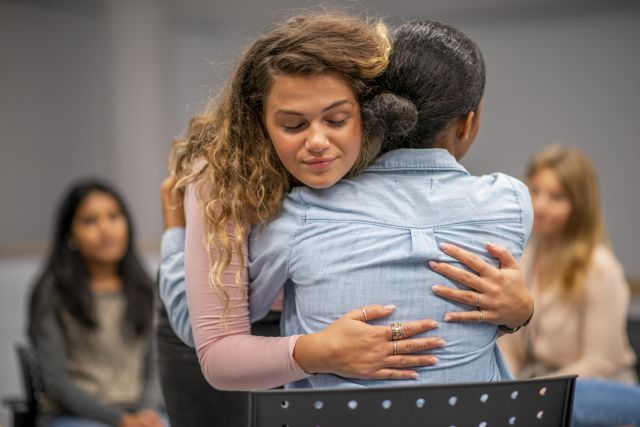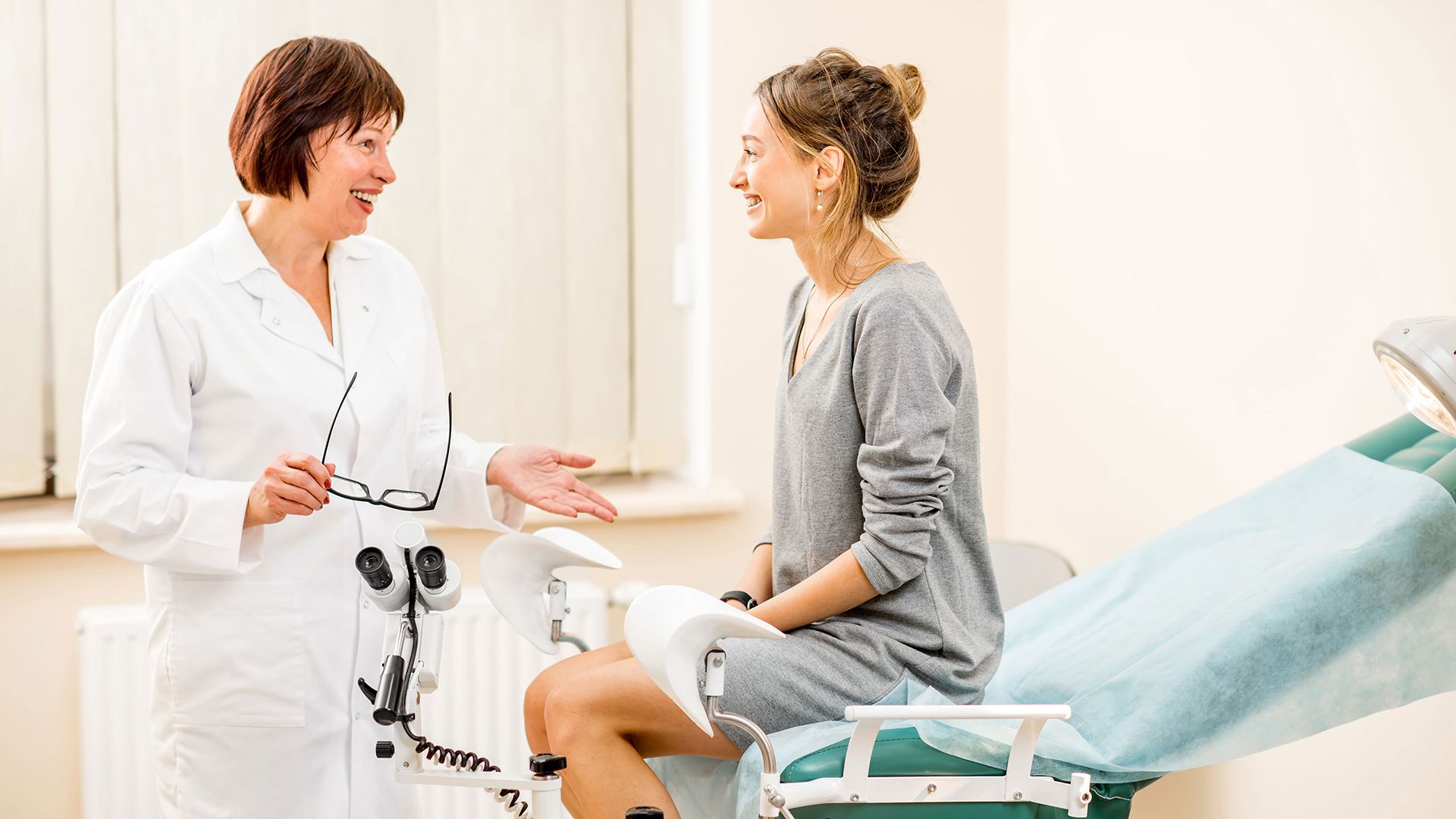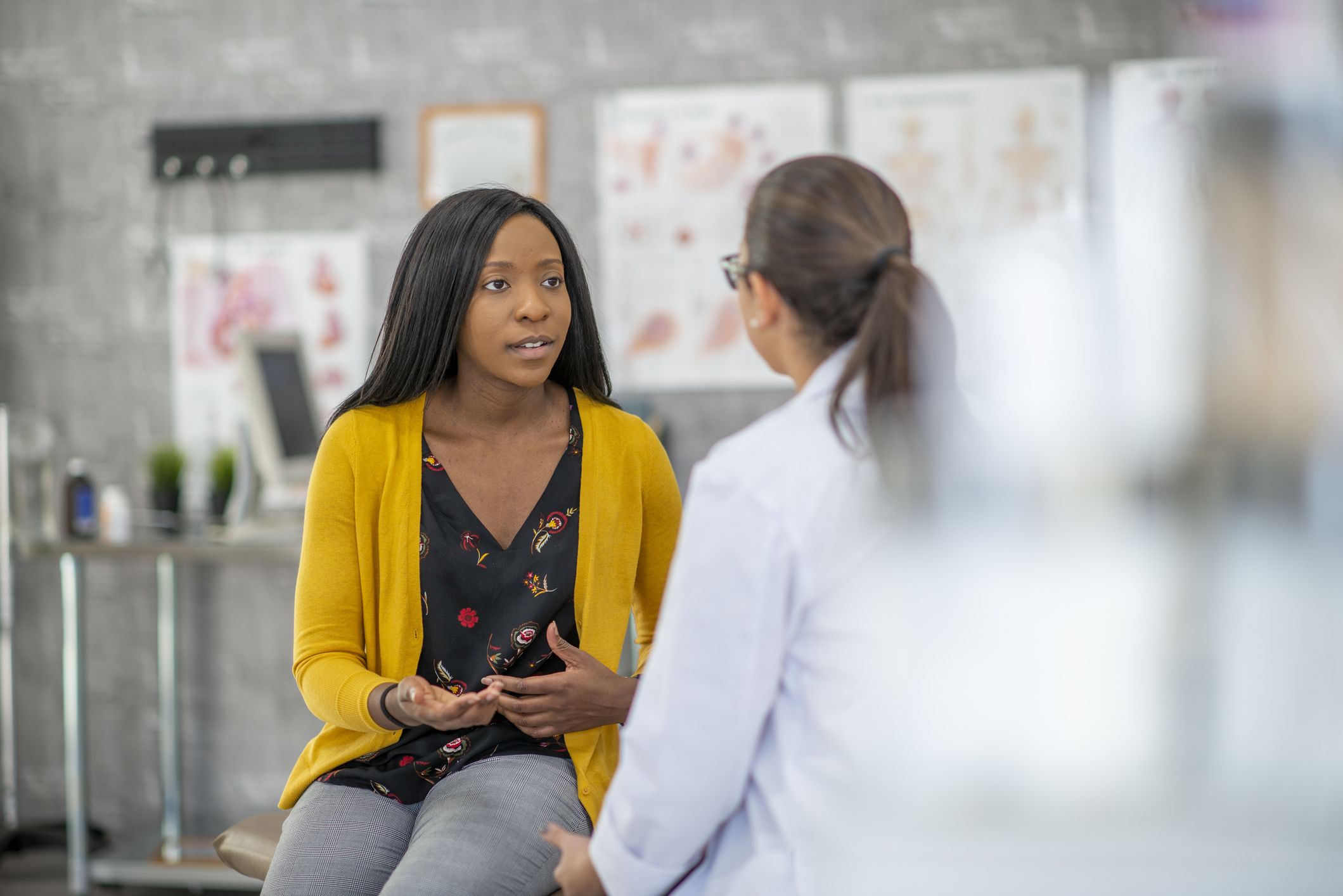Endometriosis is a condition that affects an estimated 1 out of 10 women who are of reproductive age. Though this makes endometriosis fairly common, there is much that is unknown about the condition. It is unknown why some women have endometriosis and others do not, or why symptoms can vary widely in severity from person to person. While there are a number of approaches to treating endometriosis, not all treatments are effective for every case.
Support groups offer a chance for women with endometriosis to connect with one another—after all, the only people who truly understand what it's like to have endometriosis are others who also have it. Here, we look at some potential reasons that women with endometriosis might consider joining a support group.
Connection
Meeting other patients can help counteract the feelings of loneliness or isolation that often accompany a health condition like endometriosis.
Coping strategies
Common symptoms of endometriosis include painful menstruation, excessive bleeding, pain during sex, and gastrointestinal symptoms. Endometriosis is also associated with fertility problems, and some women with endometriosis encounter difficulties conceiving. It can help to have peers to discuss the physical and emotional burdens of endometriosis, and share strategies for coping with these burdens.
Information exchange
When diagnosed with a health condition, it helps to learn as much as possible about that condition. When you get a group of people with the same condition connecting with one another, you can end up with a wealth of information about a condition. Information exchanged in support groups can cover a range of topics, from strategies for coping with a particular symptom, to discussing the impact endometriosis has on relationships, to the questions you will want to ask during a healthcare appointment, to suggested reading to learn more about the condition.
Sense of self
It can be difficult to discuss endometriosis with other people, even people you are close with, like your partner, friends, and family members. Chances are, you will be more comfortable talking to certain people, and more comfortable talking about certain aspects of endometriosis. Support groups offer a safe space to figure out how to talk about the condition.
Finding a support group
Support groups fall into two general categories—there are local support groups, which meet in person, and online support groups, which connect online. Both have advantages. Local support groups offer a chance to get out and socialize, and to meet people who may have firsthand knowledge of healthcare providers in your area. A major benefit of online support groups is that they are accessible nearly anytime and anywhere.
To find a local support group, you may want to check with local healthcare centers, ask your healthcare provider, or try an internet search for support groups in your area. To find an online support group, check with endometriosis advocacy organizations, such as the Endometriosis Foundation of America (EFA) or MyEndometriosisTeam. More information about these and other organizations can be found on our resources page.






